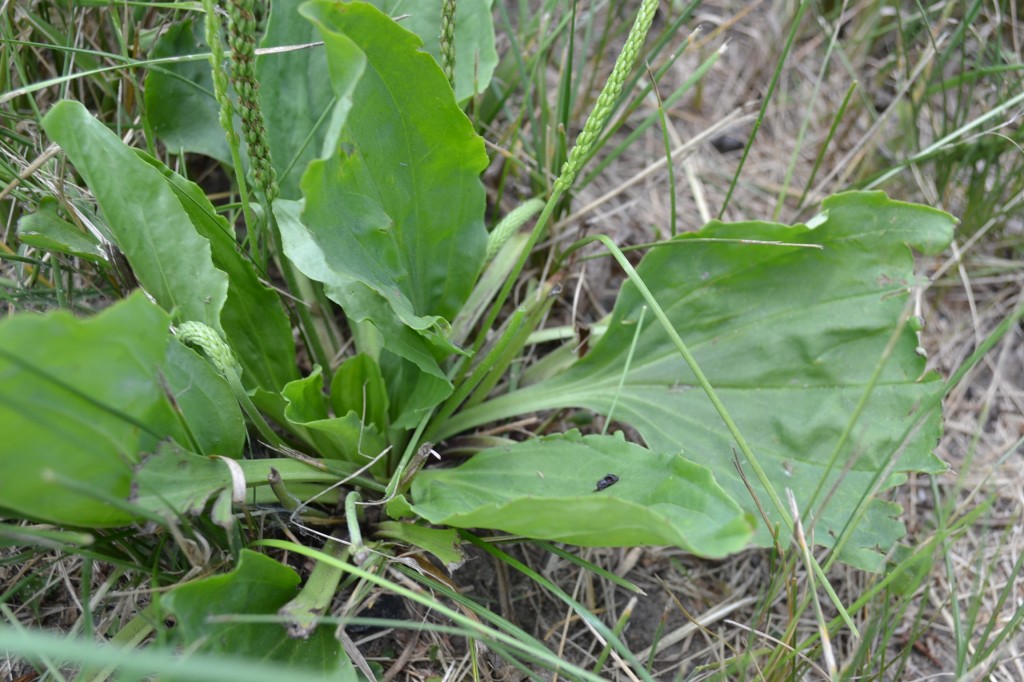.A round 4 application should consist of a liquid broadleaf weed control herbicide. Round 4 applications are started when daytime temperatures are under 90 degrees. It is essential to treat broadleaf weeds when they are actively growing. If you wait until the end of August to treat for broadleaf weeds, you will have a better kill rate because of the cooler temperatures. Treating broadleaf weeds at the end of August through October is the most effective window for control. When temperatures drop below 70 degrees, treatments will become less effective if you are using an amine-based product. When cooler temperatures are present, an ester-based product should be used to get better weed control.
Round 4 application is the best time to treat broadleaf weeds.
A quality slow release fertilizer should be used during a round 4 application. Fertilizer will help promote root development and color enhancement.
Broadleaf herbicide products should be liquid for more accurate control. Granular broadleaf products will not efficiently control broadleaf weeds. Some problematic weeds such as wild violet, white clover, and ground-ivy (Creeping Charlie) will require multiple applications for complete control. When temperatures get cooler, you should start using ester based broadleaf weed control products instead of amine. Amine products work best when temperatures are higher because they reduce the risk of burn potential. Ester products work best in the fall because they are alcohol based. Most all broadleaf applications are amine based. A round 4 application made after the end of October must include an ester based product. Ester products will help efficiently control wild violet and ground ivy by penetrating their cuticle membrane. The cuticle membrane of the plant acts as an umbrella when herbicides are applied. Ester products penetrate this layer and reach the plant more efficiently.
We recommend a product called T-Zone which controls a large spectrum of broadleaf weeds. This product will control difficult weeds such as violet, ground ivy, and clover. It may take several applications to control these weeds completely. After the first application, there is usually a 75% control using T-Zone.

